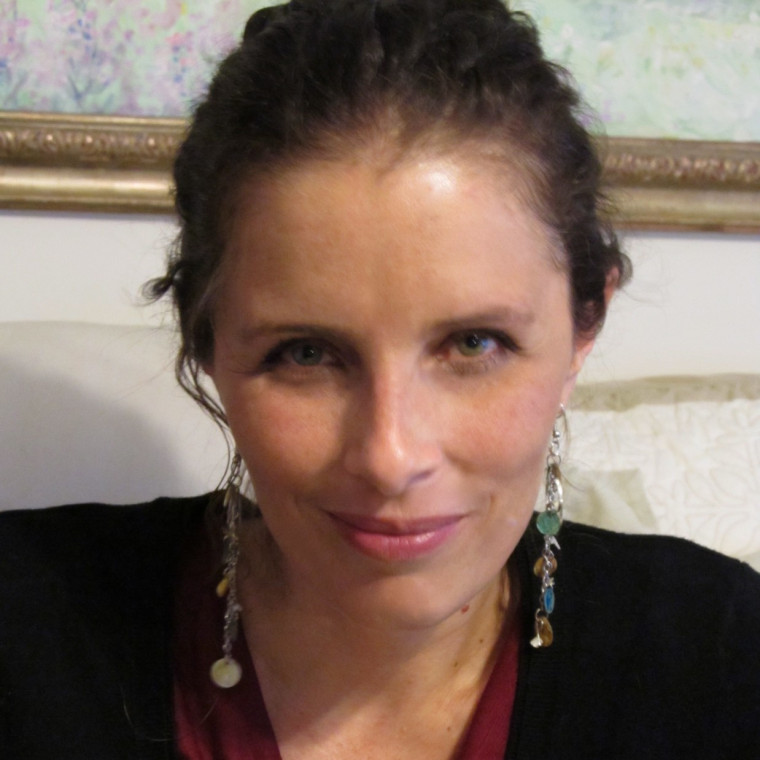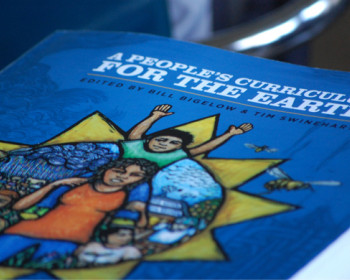Professor Marisol Garcia collaborates with students to create a novel tool to measure cultural competency
Open gallery

For over six years, Marisol Garcia, assistant professor of counseling psychology, and Teresa McDowell, professor and department chair of counseling psychology, had sorted through research on critical consciousness, the understanding of cultural dynamics, including a person’s awareness of racism, sexism, and other power inequities. Researchers had advanced study after study on the theory, leaning on technical terms. Not one of them had designed a practical tool that would let you measure gains in critical consciousness. Such a tool would be invaluable to teachers and mental health professionals, among others, who wanted to understand how a class, program, or therapeutic approach increased social awareness and action among participants. For example, a professor might distribute a survey both before and after a class on the subject to understand whether and how students develop an understanding of power, privilege, and culture during the class.
“We’re talking about things that haven’t been talked about before,” Garcia said. Elsa Kraus, MA ’15, a student research assistant in the Marriage, Couple, and Family Therapy program, added, “Everyone’s interested in it, but there’s nothing out there.”
Hitting the Books
To help them solve a problem that has plagued years of research, Garcia and McDowell selected Kraus, Colleen Cameron (MA ’16), and YuWei Wu (MA ’16), aspiring doctoral students in their first years of graduate study. When the students first met in September 2013, the professors tasked them to compile a literature review. So far, that has meant forging through dense bundles of articles, studies, and surveys—as Garcia said, “every article written on that question”—to figure out how their research is different.
“It looks messy,” Cameron said, speaking after five hours of pouring over text. “We’re condensing hundreds of pages of information into two 12-point, double-spaced pages.”
Aside from meeting with professors every two weeks, the three students work independently, huddled around a table, debating the significance of various studies. Cameron, an introvert, said that compared to a classroom the roundtable setting encourages more in-depth conversations, and allows her to “bounce ideas around.”
Continuing to Question
As they continue to discuss current research, the students are using their findings to draft sample questions for a 36-question survey to gauge cultural competency. They will test the finished questionnaire by distributing copies to Lewis & Clark graduate students. The challenge of translating jargon into a usable tool means their questions will undergo significant change.
Before moving to data collection, Garcia said, the students learn the research process, which centers on questioning: How do I support this? Why would you do that? During the literature review, Kraus explained, such inquiry can be difficult. Her group struggles to extract practical consequences from theoretical concepts, but they are willing to devote as much time as it takes. “We’re happy about it because this is what we love,” Wu said. Cameron sees a purpose in the group’s finished instrument for medical practice, social work, and teaching. If professors or counselors learn how students and clients think about privilege and oppression—and how those problems impact minorities—they can encourage social justice efforts.
“Lots of professionals are asking our professors to create this,” Kraus said. “This is something that really can affect social change.”
To learn more about Marisol Garcia, visit her faculty profile.
Caleb Diehl BA ’16 contributed to this story.
More Graduate Faculty Stories
Graduate School of Education and Counseling is located in Rogers Hall.
email graddean@lclark.edu
voice 503-768-6000
Dean Scott Fletcher
Graduate School of Education and Counseling
Lewis & Clark
615 S. Palatine Hill Road
Portland OR 97219

